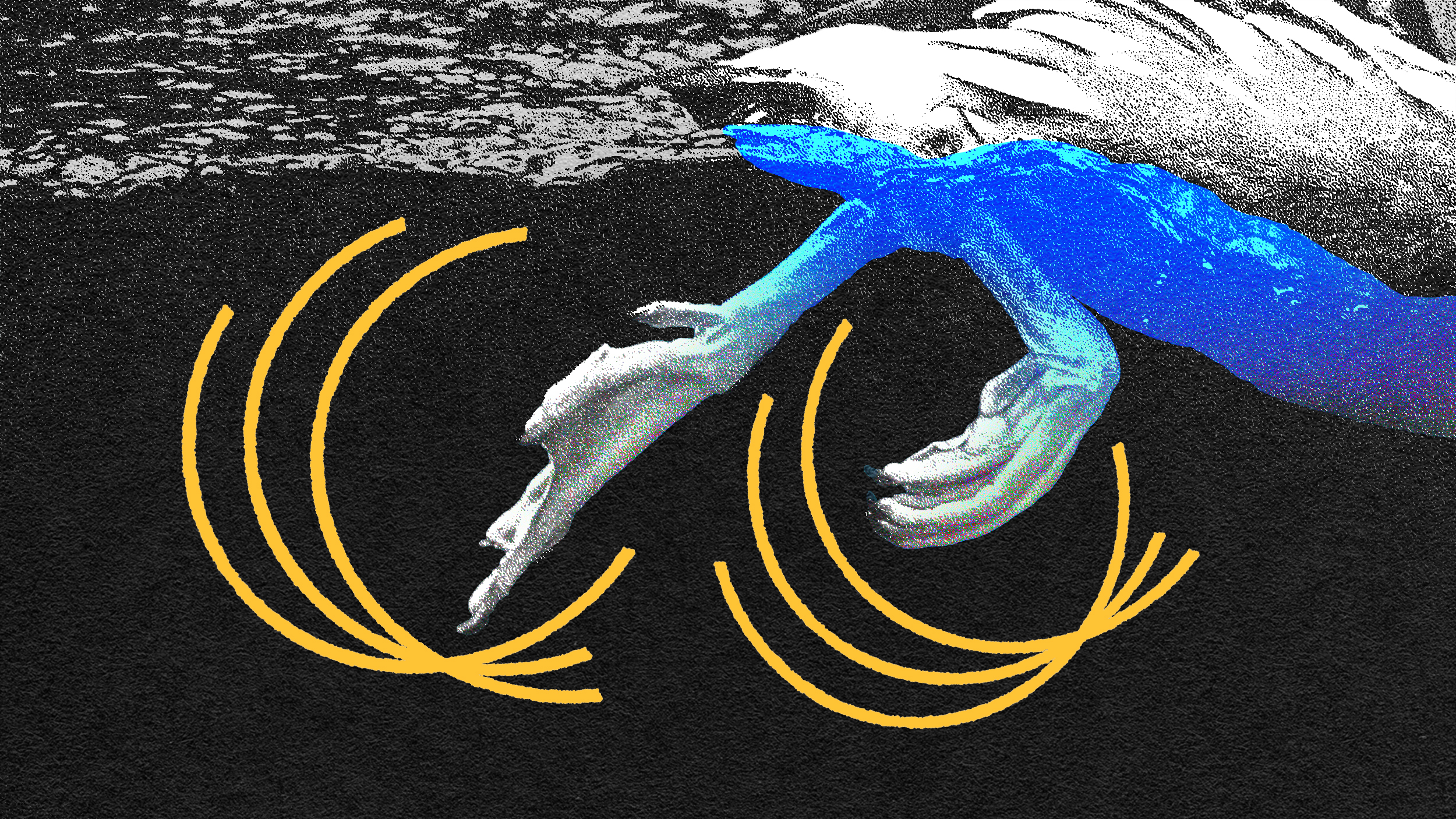A.O. SCOTT: There was one pull quote I saw. I won't say what critic wrote it but I remember like seeing it was an adverb adjective combination, which is especially dangerous and like not to be messed with. A movie described as fiercely hypnotic. And I remember thinking like what the hell does that mean? First of all, those don't seem to go together. How can you be fiercely hypnotized? Also, if you're hypnotized doesn't it mean you're asleep? I mean is that good? Or if your fiercely hypnotized are you somehow in a state of intense sleep? So I thought what could that possibly be? The worst adjective of them all though, the one that is the most overused and the one I did work at a publication where the editor would always ban it and would always just kind of get on the phone and say I'm sorry we can't print the word compelling because that is just like maybe one of the emptiest words in the language. Like who does it compel? Compel to do what? It just kind of is this empty placeholder for something. This was a compelling book. What did it compel you to do? I don't know, it could have compelled you to stop reading it.
Adjectives can be your friend and there is an old fashioned approach I think that comes out of Hemingway and some school writing teachers will tell you cut out all the additives and the adverbs. Make it simple. Make it clean. I don't necessarily believe in that. And if you write criticism for a newspaper your editors will really want some adjectives, especially if you have a review that starting on the front page let's say of a section. This is a print thing so some of you younger people might not follow it, but then jumps to a later page, the editors will very often want an adjective before the jump that will just sum up what you think. So can you just say like in this marvelous new film or in this disappointing, something. In a way to excuse any reader who's in a hurry or has a short attention span from reading all the way to the end. And I've often fought back against that for just that reason. If you want to know what I think you have to read the whole thing.
Adjectives can be very useful and can be a way of evoking qualities that you want to convey. Part of what you're doing when you're criticizing, when you're writing criticism, is describing. So you want to find the right descriptors. On the other hand there is a kind of emptiness to certain kinds of critical adjectives that you have to be careful of and that can kind of get you into a little bit of trouble that are just empty, so mesmerizing, stunning, exhilarating, thrilling, all of these things that are kind of really describing your own reaction or your own response to this as if they were qualities of the thing itself. You were excited. You were thrilled. You were stunned. You were mesmerized, the person writing, but you're kind of making a little bit of a leap when you're pretending that that's an inherent quality of what you're writing about.
And I have to say in all honesty I've had a little bit of an adjective crisis myself since publishing this book because I write in it against adjectives I try to be very stingy as a critic with the sort of empty inflated adjective. But I've read some reviews of my own book and I wish that there were more of them. I was like could you have just stuck like a brilliant in there? Something we can put in the ads to sell more copies? So I'm a total hypocrite in that regard.





